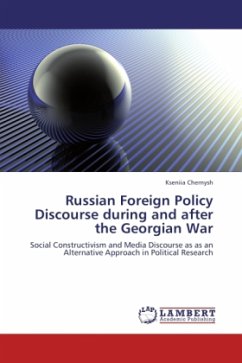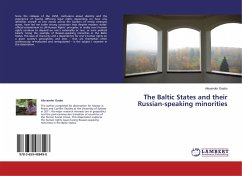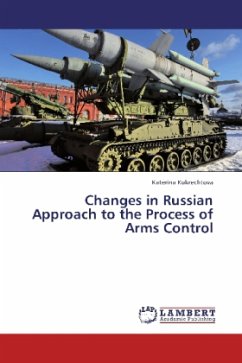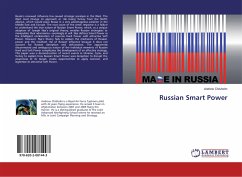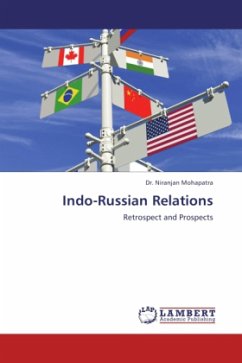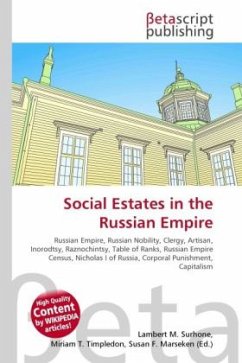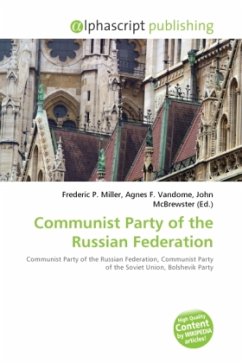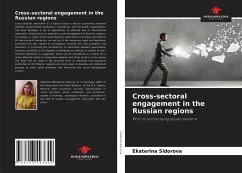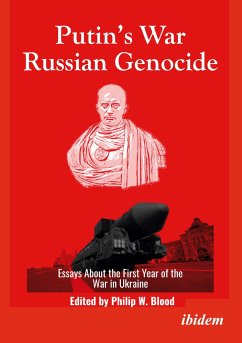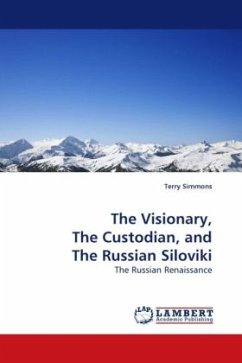
The Visionary, The Custodian, and The Russian Siloviki
The Russian Renaissance
Versandkostenfrei!
Versandfertig in 6-10 Tagen
52,99 €
inkl. MwSt.

PAYBACK Punkte
26 °P sammeln!
The visionary Gorbachev suffered unintended consequences with glasnost, perestroika and the new thinking resulting in the implosion of the Soviet Union in 1991. Yeltsin served as a transitional custodian in the experimental democratic period struggling with the potential devolution of the Russian State as well as an anemic Russian foreign policy. Vladimir Putin arrived to return the floundering Russian state to its previous status as a world power, if not superpower, with his extensive Siloviki administration and a dynamic new petro-dollar economy. Though an illiberal democracy, falling short ...
The visionary Gorbachev suffered unintended consequences with glasnost, perestroika and the new thinking resulting in the implosion of the Soviet Union in 1991. Yeltsin served as a transitional custodian in the experimental democratic period struggling with the potential devolution of the Russian State as well as an anemic Russian foreign policy. Vladimir Putin arrived to return the floundering Russian state to its previous status as a world power, if not superpower, with his extensive Siloviki administration and a dynamic new petro-dollar economy. Though an illiberal democracy, falling short of American expectations, Putin s democracy of law represents a realist-nationalist approach to a unique Russian history of strongman rule while introducing progressive elements of pluralistic government. September 11, 2001, as well as the American invasion of Iraq in 2003, continued to skew Russian-American relations. However, integration of Russia into western and international institutions portends to stimulate continuing strategic cooperation between Russia and the United States, as well as other major international actors to include the European Union.



